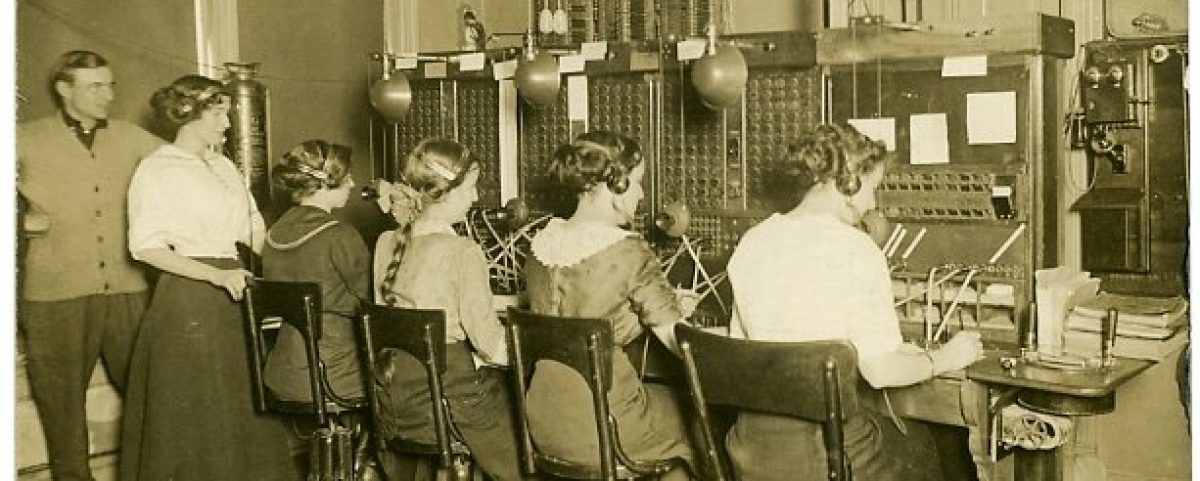A few months ago, I received a call from a producer working on the Audible docuseries Shadowball. This series delves into the history and experiences of Black athletes in the context of social justice and racial equality. Their interest was piqued by my 2013 research, which focused on the movement to segregate Route 40 in Cecil County and Delaware. While investigating this, I encountered the arrest of the civil rights activist Erosenna “Rose” Robinson, and they are profiling this talented athlete in one segment.

Robinson gained recognition in the 1950s for her talent in track and field competitions. In 1958, she won the National Amateur Athletic Union (AAU) high jumping championship and joined the United States Track & Field Team. She then declined to compete with the U.S. Team in the Soviet Union despite the Cold War tensions. The athlete told Jet Magazine, “I don’t want anyone to think my athletics have political connotations. In other words, I don’t want to be used as a political pawn.”1
This public refusal was significant as Black athletes, musicians, and other notable figures were often used by the State Department to counter the image “Jim Crow cast on America” around the globe, Women’s Sports writes.2,3
Robinson’s activism with the Congress of Racial Equality (CORE) led her to the Route 40 campaign in September 1961. While traveling on the dual highway alongside fellow activist Wally and Juanita Nelson, they stopped at a diner in North East, MD. When the three Freedom Riders refused to leave the restaurant, the state police intervened and arrested them. Once booked into the Cecil County Jail, the “sit-downers” staged a hunger strike and refused to cooperate with the court.4
After fasting for several days, the sheriff sent Robinson and the Nelsons to Crownsville, the state psychiatric hospital for African Americans. However, the mental health clinician at Crownsville found them to be mentally sound, promptly returning the protestors to the Elkton Jail.5

This unfolding situation gained attention from city dailies and the African American press, and the group came to be known as the “Elkton Three.” Shortly after, their $50 fines were suspended, and officials quietly released them.6,7 The movement to fully desegregate Route 40 gained momentum, and under pressure from President Kennedy, Maryland Governor Millard Tawes signed a public accommodation law in 1963 prohibiting discrimination in restaurants and hotels.8
The Audible docuseries segment focuses on Rose Robinson’s life of long-lasting activism and the Route 40 incident, which was one of many engagements for the exceptional athlete.
Footnotes
- Maria Lee, “The Pioneers: Two Black Women Whose Legacies of Sports Activism Live on,” Just Women’s Sports, Feb. 10, 2022 ↩︎
- Lee, “The Pioneers: Two Black Women Whose Legacies of Sports Activism Live on”. ↩︎
- Ryan Shepard, “Remember the Name: Rose Robinson Paved the Way for Athlete Activists”, Black Information Network, Apr 26, 2021. ↩︎
- Mike Dixon, “Freedom Riders Arrive on Route 40 in Northeastern MD as CORE Works to Integrate Route 40,” Window on Cecil County’s Past, August 1, 2013. ↩︎
- Dixon, “Freedom Riders on Route 40.” ↩︎
- James D. Williams, “One Way to Get In A Mental Hospital,” The Afro-American, September 30, 1961. ↩︎
- Rufus Wells, “Guilty of Being Colored,” Afro-American, September 30, 1961. ↩︎
- Maryland State Archives, “Executive Records, Governor J. Millard Tawes, 1959-1967,” Archives of Maryland Online. ↩︎
